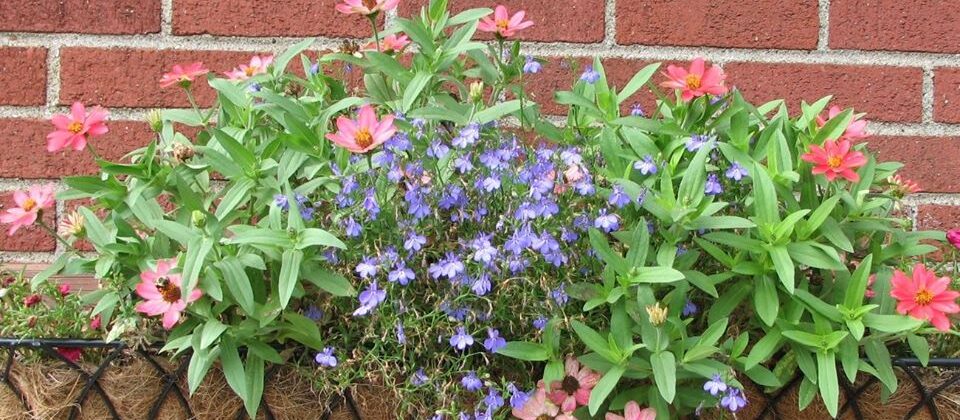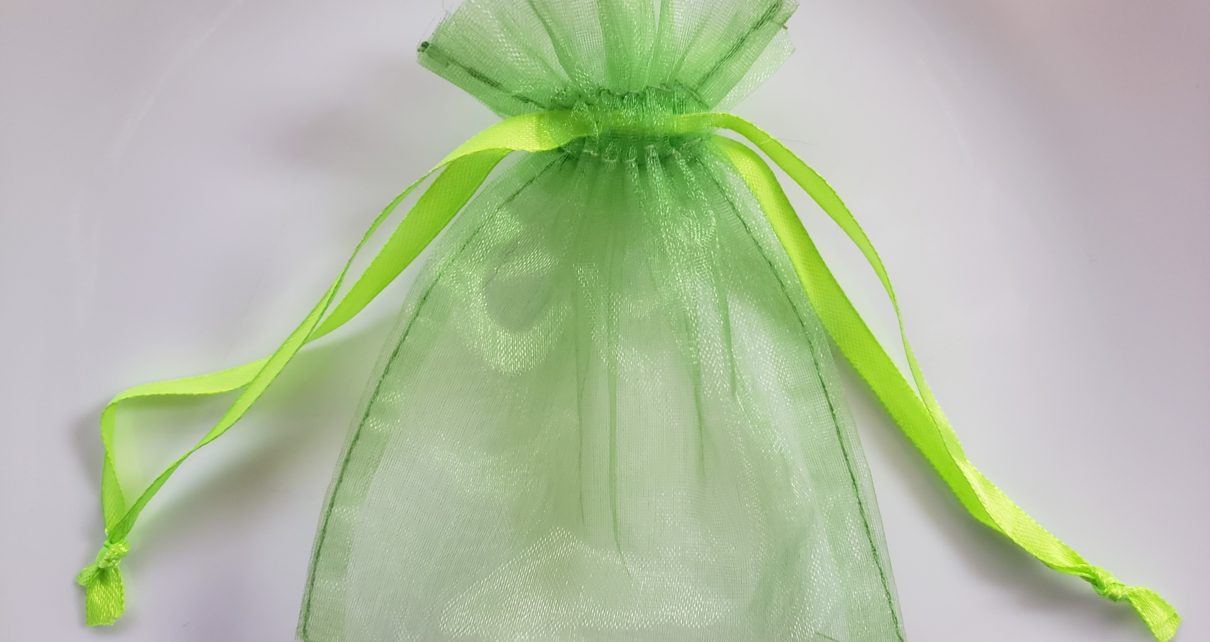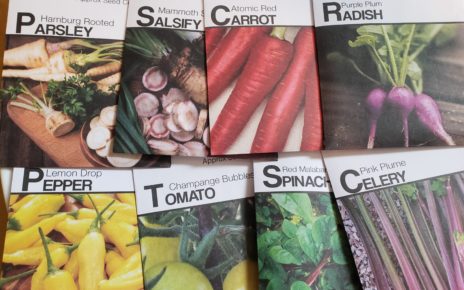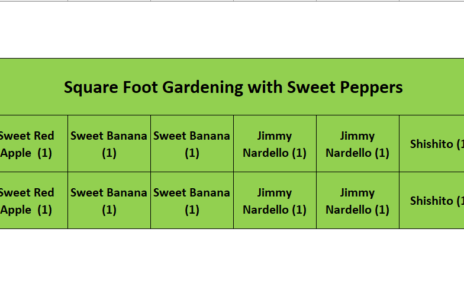My goal for 2021 is to save as many open pollinated seeds as possible this year which will help me save money! During the pandemic of 2020, a lot more people started gardening which caused the seed companies to run out of my favorite seeds. Even if you don’t want to save seeds, you always can save money buy storing your seeds in a cool place as most seeds will last about 3 years.
Now I received the mesh bag in the picture when my husband gave me a necklace. I am going to repurpose this bag as a cross pollination barrier bag. If you don’t have any fine mesh bags, you should take look on Amazon to find some. If you decide to grow several varieties within a plant species in a smaller garden, these bags will help keeping your open pollinated seeds true to the original plant. Once summer arrives, I plan on doing a video clip on this – I beat you can’t wait to hear my voice!
Here is my plan. . .
1) I am going to get some different sized mesh bags and some thin ribbon or string. The cross pollination barrier bags are typically made from nylon or organza and are finely meshed so no insects can get at the pollen. The bag should led the sun and air in.
2) I will put the bag over one or a few veggie, fruit, herb or flower bloom(s) on a plant before opening. Once a bloom opens, cross pollination can occur!
3) If the plant is self pollinating like peppers, you can keep the bag on the whole time until you are ready to harvest if your bag is big enough or once the pepper appears, you take off the bag and mark the stem above or below the pepper with a ribbon so you know which one did not cross pollinate.
4) If the plant is not self pollinating like squash, you will need to take off the bag off for a few minutes and use a small paint brush to pollinate – this will be a topic for another day. Put the bag back on. You can keep the bag on the rest of the time until you are ready to harvest if your bag is big enough or once the squash appears, you can mark the stem above or below the fruit with a ribbon so you know which one did not cross pollinate.
This is not a big issue for me with herbs except if you are growing multiple varieties of herbs like basil, dill, or mint. As for flowers, this will help keep the different colored flowers within the same species like zinnias, poppies and marigolds from cross pollinating.
We will be chatting about self pollinating plants and plants that do not self pollinate next.




